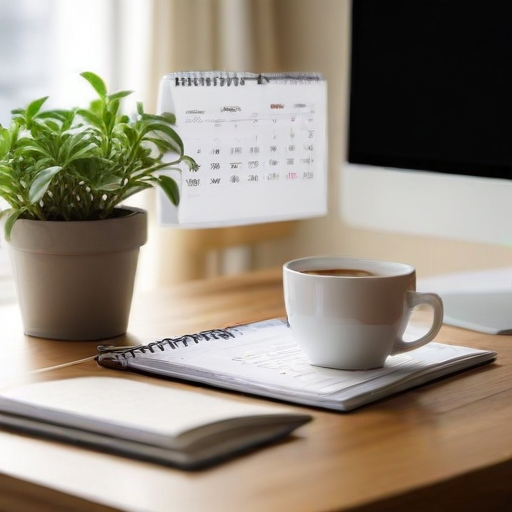As we usher in a new year, many are contemplating ways to boost productivity after the holiday slump. However, before diving into the myriad of tools and strategies available, it’s vital to recognize that people have been effective at getting things done long before today’s digital conveniences. According to Alex Soojung-Kim Pang, author of *Rest: Why You Get More Done When You Work Less*, past generations had clear boundaries when their workdays ended, unlike today’s endless cycle of digital demands.
In our hyper-connected environment, the pressure to perform can sometimes overshadow the importance of downtime and balance. The productivity industry thrives on promoting the latest tools designed to optimize our focus, but experts assert that true effectiveness often lies in simple, time-tested methods. Cal Newport, a professor at Georgetown University, stresses that complex tools cannot substitute for hard work—many highly productive individuals rely on the basics, such as calendars and plain text files.
Rather than seeking unattainable productivity hacks, it may be more beneficial to remember that we are already accomplishing a great deal. Simple to-do lists remain one of the most effective organizational tools. Sahar Yousef, a cognitive neuroscientist at UC Berkeley, suggests that prioritizing three critical tasks each day can significantly enhance productivity. A to-do list does not need to be sophisticated, and it can be as straightforward as jotting items down on any available surface.
Employing a calendar to allocate specific times for projects can streamline the day’s tasks and deter multitasking, which often slows us down. Newport advises dedicating uninterrupted time to a single task before checking emails or switching gears. Meanwhile, flexibility in scheduling is essential; if an individual finds themselves in a productive flow, extending time for that task can lead to deeper engagement.
Setting boundaries in the workplace and respecting personal time for both oneself and others is becoming increasingly recognized as vital for overall well-being. By collectively advocating for free time, we can foster an atmosphere where everyone can enjoy their leisure without the weight of work commitments.
Ultimately, perhaps the most profound productivity insight is to ease off on the pressure of constant optimization. Overemphasis on enhancing productivity may lead to burnout rather than satisfaction. Instead, embracing the methods that have already yielded results—without the incessant urge to improve—can lead to a more fulfilling and balanced life.
In conclusion, as we embark on this new year, let’s remember to celebrate our achievements without the burden of unrealistic expectations. Simple changes, like maintaining a to-do list and respecting personal boundaries, can greatly enhance productivity while promoting well-being. Embracing the present and finding joy in the process can lead to not just being productive, but also genuinely fulfilled.
